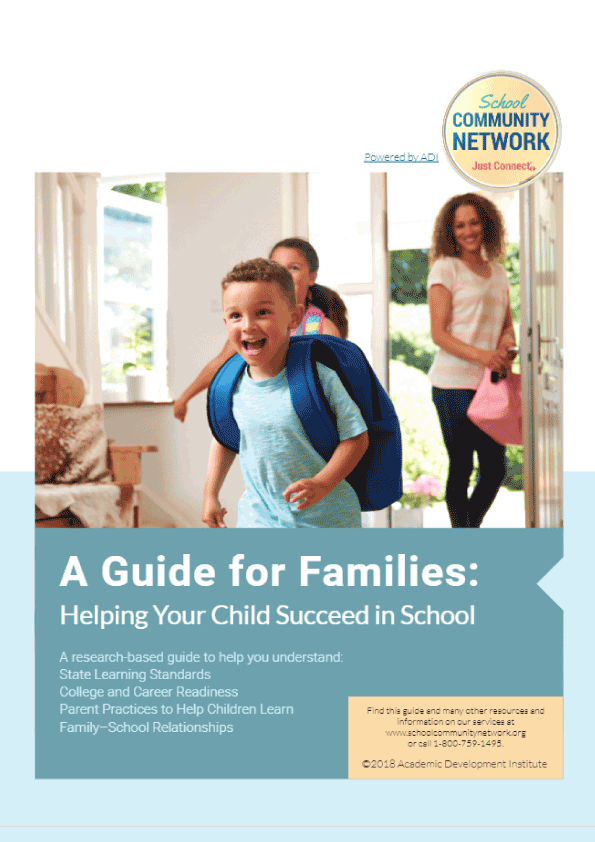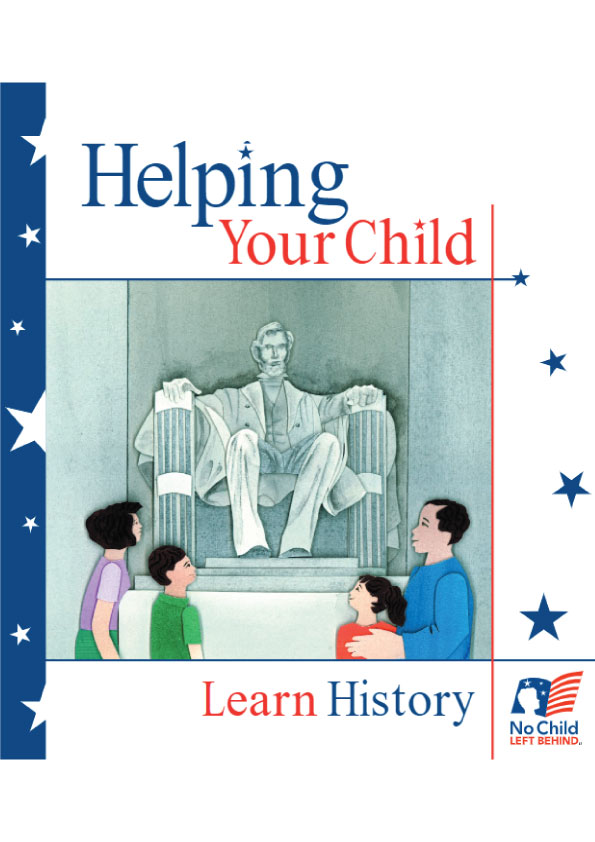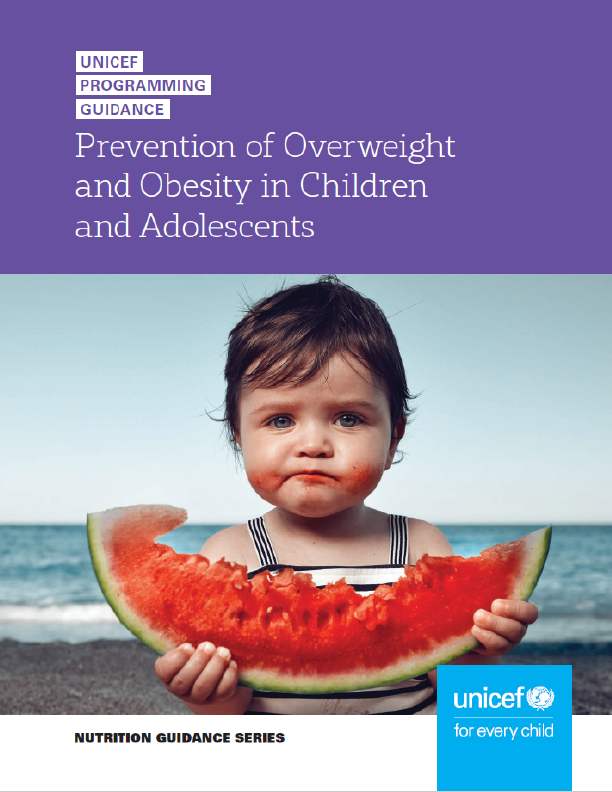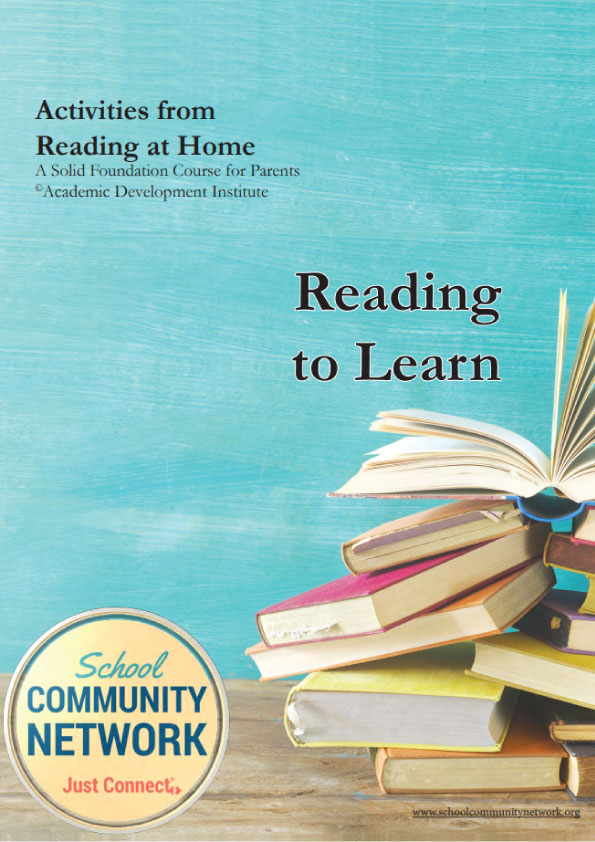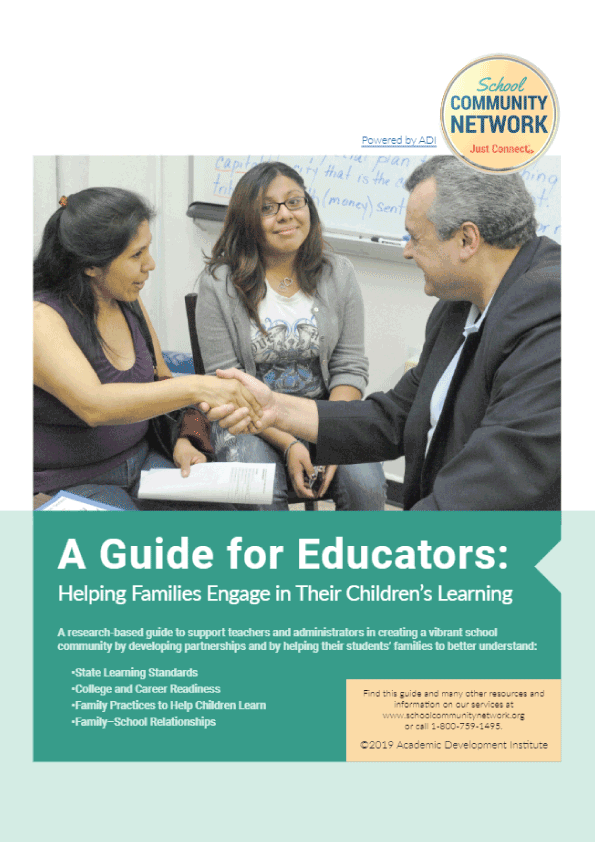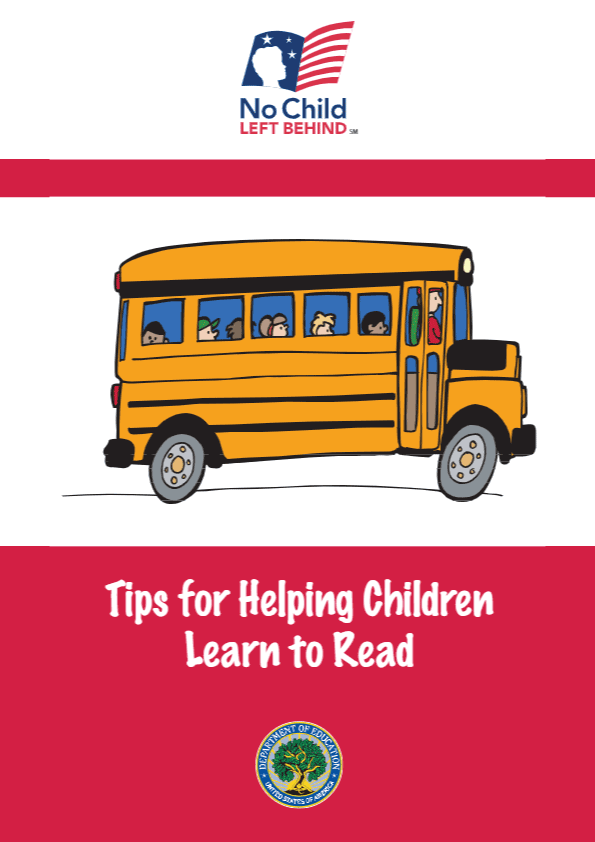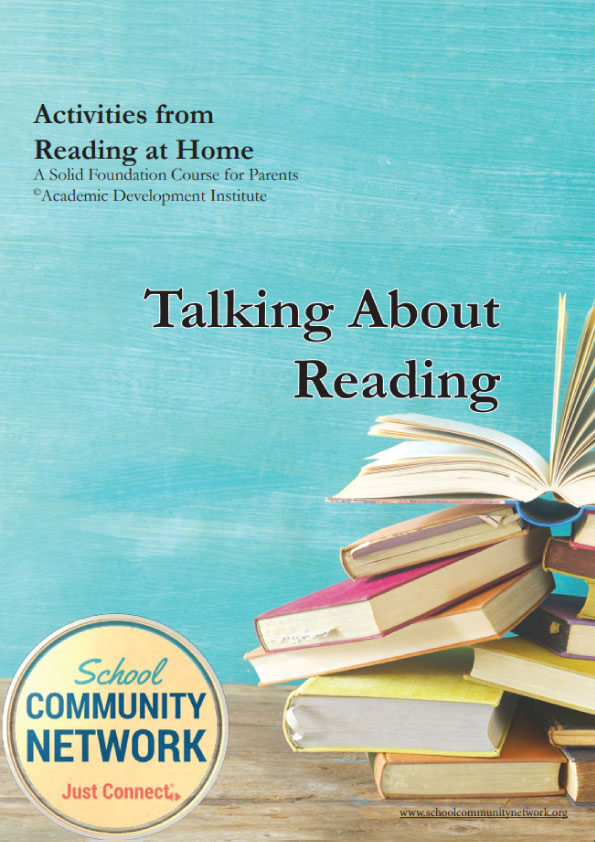All families want their children to succeed in school.
This guide is designed to give parents, grandparents, and other caregivers ideas and tips that will improve their children’s potential for success in school from prekindergarten all the way through high school.
Solid research shows that children from homes where families are engaged with their children, other parents, and their children’s schools:
- Earn better grades,
- Get better test scores,
- Enjoy school more, and
- Are more likely to graduate from high school and attend college or technical school
State Learning Standards
The state learning standards are statements which define a core of basic knowledge and skills that all students enrolled in public schools are expected to know and be able to do in each major area (English/language arts, mathematics, science, social science, physical development and health, fine arts, and foreign languages) in each grade. The schools use these standards as a guideline for teaching and testing and to help determine the curriculum—the courses taught. The standards are a way to help all the students in the state have fair, equal opportunities to learn. Most state education agency websites have links to their standards so you can read them online.
As a parent or guardian, you will receive a report card and other information about your child’s progress in meeting learning standards. States are also required to use their learning standards to measure each school’s progress. State websites post school report cards showing how each school (and district as a whole) is performing. This report card also includes information on how different groups of students are doing. These school report cards give families and the public information they can use to make good choices for their children and to help their schools improve. Look online or ask for a copy of the report card for your child’s school; ask for help if you have any trouble understanding it.
State Learning Standards
Below are some questions you might ask school staff related to standards, school report cards, and the information they provide:
- Ask the principal or district leaders to have a meeting to explain the school report card to parents and community members.
- If any of the numbers on average class size, staff-to-student ratios, or parental contact percentages concern you (for example, an average class size over 25), ask how the school is planning to improve.
- Ask your school office whether your child’s teacher meets state qualifications for the grade or subject being taught.
- Ask whether paraprofessionals provide services to your child and, if so, what their qualifications are.
- Ask what is being done to improve. For example, if reading scores are low (or lower than the previous year), what is your school doing to bring them up? Or, if a certain subgroup is not doing as well as others, what are possible causes, and what is being done to help?
- If your child is struggling in a certain area, ask what help is available (see more tips below).
College and Career Readiness
Following your child’s progress according to learning standards is one way to consider their readiness for their next step after high school. As your child progresses from year to year, even in elementary school, it is natural for your child to consider: Where will my education take me? This is one of the most important of all questions, and it leads to other questions that will form the basis of many conversations you will have with your child over the years. An old maxim advises us: “begin with the end in mind.”
Children naturally wonder about their future and the possibilities, and it is never too early to talk to your child about what they want to do and where they want to be when they grow up. The sooner you encourage your child to look at the future with wonder and hope, the more readily they will seek a connection between what they learn in school and how it helps them confidently ask and answer such questions as: Who am I? Where do I want to go? How will I get there? Your unique knowledge of your child will help you guide them in exploring these questions. It is important that your children understand that it is perfectly normal for them to have lots of interests and consider lots of different possibilities, that often successful adults have more than one career or occupation, and that being a devoted parent is as important as work that takes place outside the home.
COLLEGE AND CAREER READINESS
Families at home
You are your child’s most important advocate for thinking and planning for the future. The many tips in the sections below will help you to get your child ready for a career and the steps needed to begin— including a college or trade school, depending upon the career chosen. Here are a few ideas more directly related to helping your child think ahead to a career.
- Have your children consider what is interesting to them and what they are curious about, even if it is different from children around them.
- Make it safe for your child to consider a wide variety of possibilities—try not to shoot down any ideas just because it isn’t what you would pick.
- Help your child choose books (including biographies) that will open their imagination to different ways they can serve others as they mature. When appropriate, encourage them to speak to trusted adults about different types of interests and work, including the joys and difficulties involved in what they do to serve their families or serve in an occupation.
- Encourage your child to be an eager learner, but also encourage ways to apply learning by developing simple skills that build confidence—from something as simple as helping with chores around the house to more complex skills in any area of interest.
- Talk with your child about the value of effort and hard work, no matter what the task is.
- Encourage your child to keep a journal to write out hopes, dreams, thoughts, feelings, and more, even if only writing once in a while. Children who keep a journal of their own impressions can use it as a tool to build confidence in their own decisions, to rebound in times of difficulty, and to grow in resilience.
Help from school
Teachers and counselors in your children’s school will also want to help them make plans for the future, whether that is how to thrive in the next school grade or in their plans after graduation. The school may include classroom activities which highlight careers for them to consider, including making connections between learning and how knowledge can be used in the world beyond the classroom. The school may also provide opportunities for your children to begin a plan of study in which they are free to choose certain subjects to give more attention or to develop an ongoing career plan.
- Ask your child’s teacher(s) what is done at school to help the students learn about career options.
- Ask your child’s teachers how they help students connect school learning with everyday life, including possible future occupations or areas of service.
- Ask teachers, counselors, or other leaders what your child needs to do to prepare for a chosen or potential future path— selecting the right classes and activities to be on track may begin as early as fifth or sixth grade.
- Talk with your child frequently about the future and how important attitudes and actions right now may be in reaching goals and dreams.
